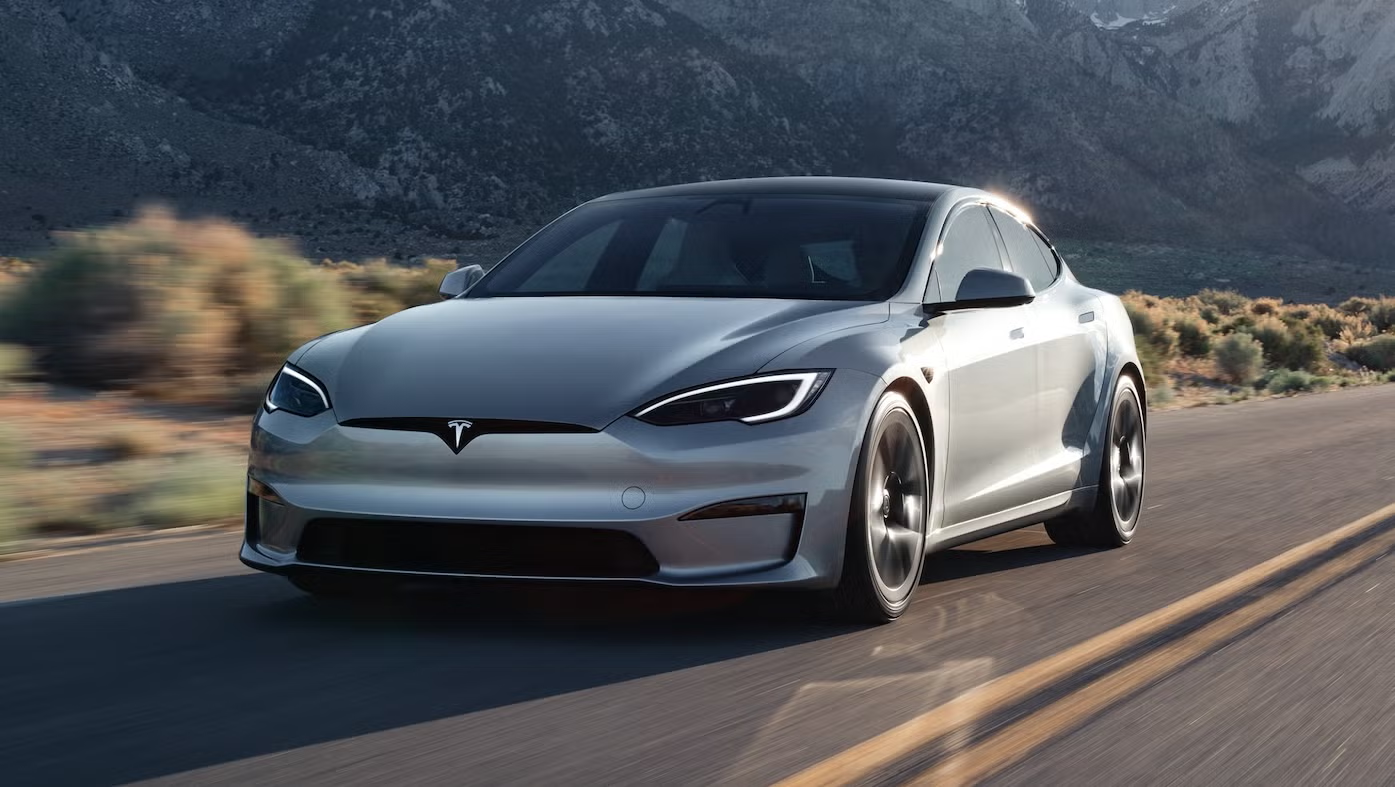Electric vehicles (EVs) are generally easier to maintain compared to traditional internal combustion engine (ICE) vehicles. Here are several reasons why EVs tend to require less maintenance.
- Fewer Moving Parts: EVs have fewer moving parts than ICE vehicles. An electric motor has only a handful of moving components, while a traditional engine has hundreds. This reduction in complexity leads to fewer things that can wear out or fail.
- No Oil Changes: EVs do not require oil changes since they don’t have engines with oil that needs to be lubricated and replaced regularly.
- Simplified Cooling Systems: The cooling systems in EVs are often simpler than those in ICE vehicles, which need to manage the heat generated by the combustion process.
- Brake Wear: EVs use regenerative braking, which reduces wear on the brake pads and rotors. Regenerative braking systems capture energy during braking reducing the reliance on traditional friction brakes.
- No Exhaust System: EVs don’t have exhaust systems, which means there are no mufflers, catalytic converters, or exhaust pipes that can rust or need replacement.
- No Fuel System Issues: EVs don’t have fuel pumps, fuel filters, or fuel injectors, all of which can develop problems in ICE vehicles.
- Battery Longevity: Most modern EV batteries are designed to last many years. Manufacturers often provide warranties for 8 years or more on their batteries.
Maintenance Tasks for EVs
EVs require less maintenance overall but there are still some routine tasks that need to be performed:
- Tire Rotation and Replacement: Like any vehicle, EVs need regular tire maintenance.
- Brake Fluid Changes: Brake fluid still needs to be checked and replaced periodically.
- Coolant for Battery and Cabin Heating/Cooling: Some EVs have liquid cooling systems for the battery and need periodic coolant replacement.
- Cabin Air Filter Replacement: To ensure good air quality inside the vehicle, the cabin air filter should be replaced regularly.
- Software Updates: EVs often receive software updates to improve performance, add features, and address issues.
THE TAKEAWAY
Overall, the reduced complexity and fewer moving parts in EVs translate to lower maintenance requirements and costs. This is one of the significant advantages of owning an electric vehicle, making them appealing to many consumers looking for a more convenient and cost-effective vehicle option.
Sources: EV Car Answers Editors, ChatGPT, Rivian
Discover more from EV Car Answers
Subscribe to get the latest posts sent to your email.






[…] will save the city approximately $4,000 per vehicle annually on fuel costs and significantly reduce maintenance costs. This shift also reduces emissions in a region that struggles with some of the worst air pollution […]